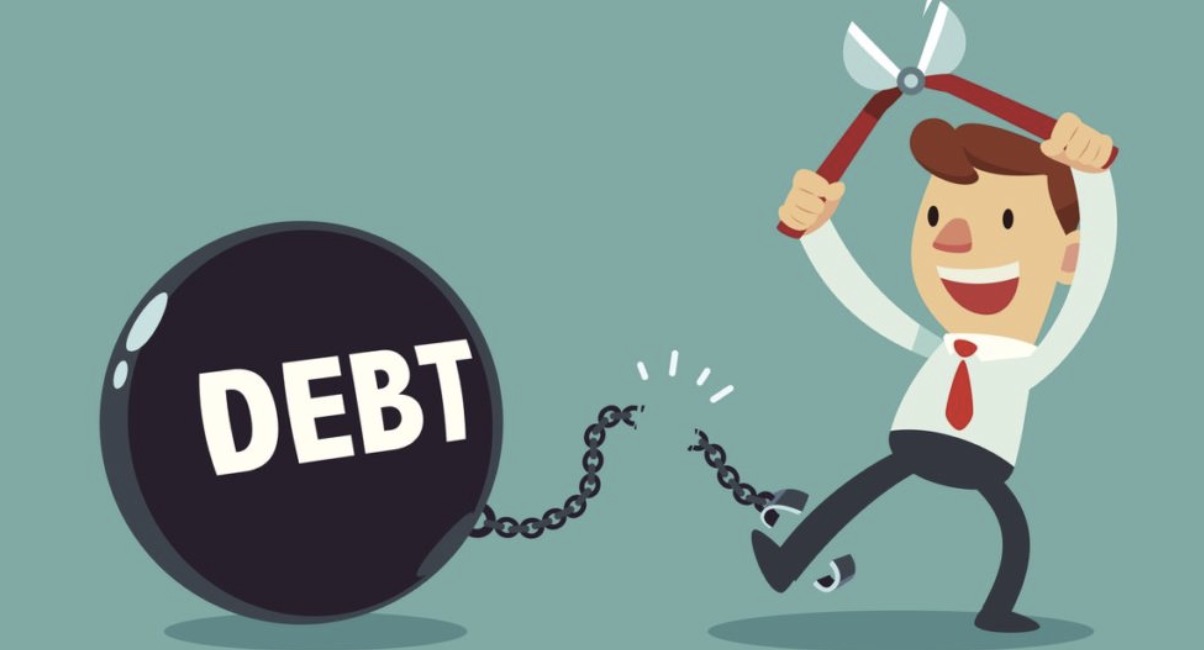Debt has now become an inevitable part of modern life. Whether it's a credit card bill, student loan, or mortgage, most of us need to manage some form of financial liability. However, if not managed properly, debt can quickly spiral out of control and become a huge burden on us, as well as affect our mental health. In this article, we'll discuss the various types of debt, the impact they can have on our lives, and some strategies for managing and reducing financial debt.
Types of Debts

There are various types of debts, and each one comes with its own set of terms and conditions. Here are some of the most common types of debts:
Credit Card Debt - This is one of the most common forms of debt, where you borrow money from a bank or credit card company and pay it back with interest.
Student Loan Debt - This is the debt incurred when a student borrows money from a financial institution to pay for their education.
Mortgage Debt - This is the debt incurred when a person takes out a loan to purchase a property.
Car Loan Debt - This is the debt incurred when a person takes out a loan to purchase a vehicle.
Personal Loan Debt - This is the debt incurred when a person takes out a loan for personal reasons, such as to pay for medical bills, home repairs, or other expenses.
The Impact of Debts on Our Lives

Debt, for one thing, also has a major impact on our lives. Here are some of the most common ways debt affects our daily lives:
Financial Burden - Debt can be a significant financial burden, especially if it is not managed properly. High interest rates and late fees can add up quickly, making paying off debt difficult.
Mental Health – Debt can also have a significant impact on our mental health. Constant worry and stress about money can lead to anxiety, depression and other mental health issues.
Credit Score – Debt can also affect our credit score, which is a measure of our financial health, and a low credit score can make it difficult to qualify for a loan or credit card in the future.
Strategies for Managing and Reducing Debts

While debts can be a burden, there are several strategies that can be used to manage and reduce them. Here are some of the most effective strategies:
Create a Budget - The first step in managing debts is to create a budget. This involves tracking your income and expenses and identifying areas where you can cut back on expenses.
Prioritize Your Debts - Once you have identified your debts, it's important to prioritize them based on their interest rates and payment terms. High-interest debts should be paid off first, as they can quickly accumulate and become a burden.

Consolidate Your Debts - If you have multiple debts, it may be possible to consolidate them into a single loan with a lower interest rate. This can help simplify your finances and reduce your overall interest payments.
Negotiate with Creditors - If you are struggling to pay your debts, it's important to talk to your creditors and negotiate a payment plan. Many creditors are willing to work with borrowers to come up with a payment plan that is manageable.
Seek Professional Help - If you are struggling to manage your debts, it may be helpful to seek professional help from a financial advisor or credit counselor. They can provide guidance and support in managing your debts and improving your financial health.
Debts can be a significant burden on our finances and mental health, but they can be managed and reduced with the right strategies.



